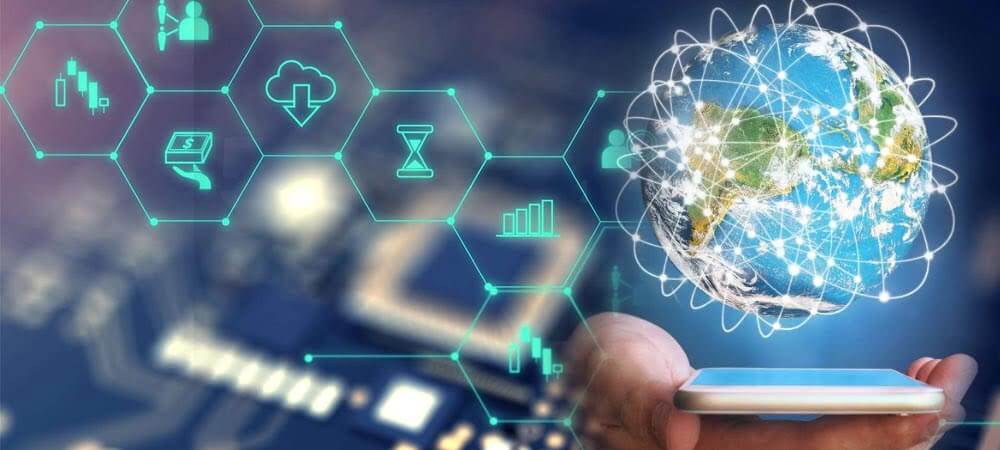TABLE OF CONTENTS

Ever wondered what would it be like to sit at home and get a consultation with your doctor then and there? Imagine the possibilities of discussing your problems and getting immediate solutions without even stepping outside. Talking about the future of Healthcare, a high number of professionals opt for mobile health, commonly called mHealth.
Statistics report that globally 87% people use smartphones out of which 91% ensure to keep their mobiles within their arm’s reach 24/7. This proves that the accessibility of patients and doctors via mobile is perhaps the right option to take into account.
Healthcare information collected and shared with the help of mobile phones captures much more attention than any other device or traditional method because of usage frequency, thus, benefitting overall world population. However, the entire system is centralized therefore it is most likely to be a victim of malware. The mobile health today is has made near real-time monitoring and treatment possible, however, a layer of trust is missing, which can only be fulfilled by something which is centralized yet effective. The blockchain technology is the panacea, it prevents all forms of manipulation for medical practices and clinical trials.
How can blockchain be used for mHealth?
- Drug Traceability is possible, where each transaction between drug manufacturers, wholesalers, pharmacists and the patients is tracked to verify in order to tackle the issues such as counterfeit drugs.
- Authentication of health on record sharing.
- Smart contracts where can include the much needed rule-based methods for patient data access which will grant permission only to the specified health organizations.
- Clinical trials will prevent data modifications along with tamper resistance
- Researchers and healthcare providers can easily collaborate to augment individualized care.
- EHRs, Genomics research and genetic data can be secured on a blockchain network
Blockchain powered Electronic health records (EHR blockchain)
By the end of 2019, mobile healthcare app services are projected to reach almost $30billion. mHealth is being empowered with the regular hike in downloading percentage of applications by 61%. Potential health problems are being identified by the physicians and so are the innovative ways to solve them via mHealth technologies.
mHealth apps have made their mark in a variety of scenarios as improving accessibility for emergency and general health services including patient care, reducing drug shortages at health clinics and accelerating clinical diagnosis.
Popular consumer wellness apps such as Google Fit and Health App by giants like Nike and Apple have brought a new revolution in people’s life. From tracking number of steps to sleep activity to real-time insights for your speed, pace, route, elevation, and much more is achieved via these apps. Also, the perks of integrating these apps amongst devices give the user an option to a kept record of all the details on different smart devices like fitness bands, smart watches etc.
On the other hand, physicians and doctors are using mHealth apps as an important equipment of their regular check-up routine. Potential health problems are easily diagnosed with the advancements of mobile sensors.
The data and insights collected via these technologies can be properly diagnosed, synced to the patient’s records and be distributed among partner physicians. What makes this even better is that the doctors can gain all the insights and data on the spot rather than waiting for unnecessarily long intervals.
However, limiting the strengths of mHealth to apps is unfair. Harnessing the mobile technology for the healthcare sector includes other options beyond apps such as-
Video Content- The viewers of video content has increased drastically in the past few years. Physicians and patients both use websites like YouTube and Medscape to get information on any topic of interest.
Big Data- Big data has drawn a big picture in the field of mHealth. Data and analytics are being collected from a wide variety of sources to improve health decisions and patient outcomes. Other than decisions, the data collected is also used to determine patient behaviors and patterns.
eHealth Records- With secure modes of interaction via mobile platforms, healthcare professionals are able to share information with their patients. Be it electronic copies of their health records or any other information in general, patients can view, download or even share it via e-messaging.
Wearable technology- Embedded with cool features and smart technologies, wearable devices are considered a close companion of mobile technology. With a wide variety of sensors, wearables can sync with mobile devices and provide accurate data related to a person’s body or activity. Considering it as an emerging area of focus, there are open possibilities in the field of wearable healthcare such as data streaming, bio-embedded sensors etc.
The concept of mHealth in healthcare is shifting the market to a new level. With the regular growth in users of smart devices, the way of communication between patients and physicians is transforming which will lead to major benefits in the coming future of healthcare.
All types of Electronic medical records that are collected using smartphones can be successfully imported to a private Hyperledger Fabric blockchain network.
Blockchain medical records serve as a tamper proof system for developing transparency between different parties involved. Integrating mHealth with blockchain technology will provide outputs that enable both accessibilities without a third party like contract research organization.



